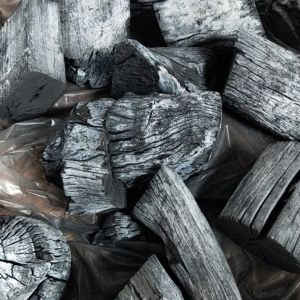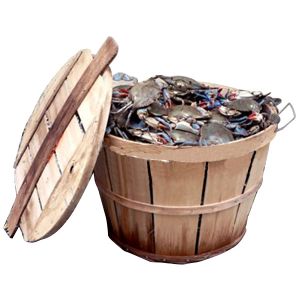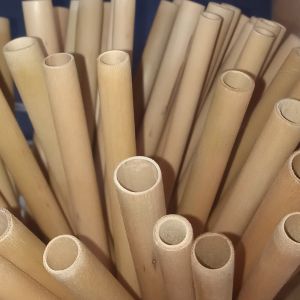Environmental Impact of Wooden Disposable Spoons vs. Plastic Spoons: A Comprehensive Analysis
Unraveling the ecological implications of disposable cutlery, this article delves into the environmental impact of using wooden disposable spoons versus plastic spoons.
1. Biodegradability and Waste Generation:
Wooden Spoons Take the Lead Discover the eco-friendly attributes of disposable wooden spoons, as their biodegradable nature stands in stark contrast to the non-biodegradable plastic spoons. Learn how the use of wooden spoons can help reduce landfill waste and foster a more circular economy.
Vietnam wooden disposable spoons
2. Carbon Footprint Comparison: Plastic vs. Wooden Spoons
Analyzes the carbon footprints of disposable wooden and plastic spoons, examining the greenhouse gas emissions involved in their production, transportation, and disposal. Uncover which option leaves a lighter environmental footprint.
3. Sourcing Materials Sustainably:
The Green Advantage of Wooden Spoons
Explore the renewable nature of wooden spoons, sourced from sustainably managed forests, and how this sustainable harvesting contributes to the conservation of our planet's valuable resources.
4. Ocean Pollution: The Threat of Plastic Spoons to Marine Life
 Wooden disposable cutleries
Wooden disposable cutleries
Investigate the impact of plastic spoons on marine ecosystems, with a focus on ocean pollution and the dangers posed to marine life due to plastic waste. Discover how choosing wooden spoons can help mitigate this environmental crisis.
5. Microplastics and Human Health: The Hidden Dangers of Plastic
Delve into the potential risks associated with microplastic contamination in food and water sources caused by plastic spoons. Understand how opting for wooden spoons can help safeguard human health and well-being.
6. Disposal Practices and Recycling: A Closer Look at Plastic Waste Management
Examine the challenges in recycling plastic spoons and explore the limitations of current waste management systems. Gain insights into how embracing disposable wooden spoons may contribute to more efficient waste reduction strategies.
7. Cost-Effectiveness and Market Trends: Economic Considerations
Discuss the cost-effectiveness of adopting disposable wooden spoons in comparison to plastic alternatives. Analyze market trends and consumer behavior regarding eco-friendly cutlery choices.
8. Making an Impact: Small Changes, Big Difference
Conclude by encouraging readers to be conscious of their choices and embrace the positive impact of switching to disposable wooden spoons. Empower individuals to contribute to a greener future, one spoon at a time.
In the quest for sustainable living, understanding the environmental consequences of everyday items like disposable spoons becomes essential. By weighing the pros and cons of disposable wooden spoons versus plastic spoons, we can make informed choices that align with our commitment to preserving our planet. Embrace the power of conscious decisions, as together, we pave the way for a greener, more environmentally responsible tomorrow.
Add: No. 48, Minh Khong str., Dong Tho ward, Thanh Hoa city, Vietnam
Mob/What’sapp/Viber: 0084868989350
Email: sales1@thbamboo.com.vn
Website: https://thbamboo.com.vn
Related posts












